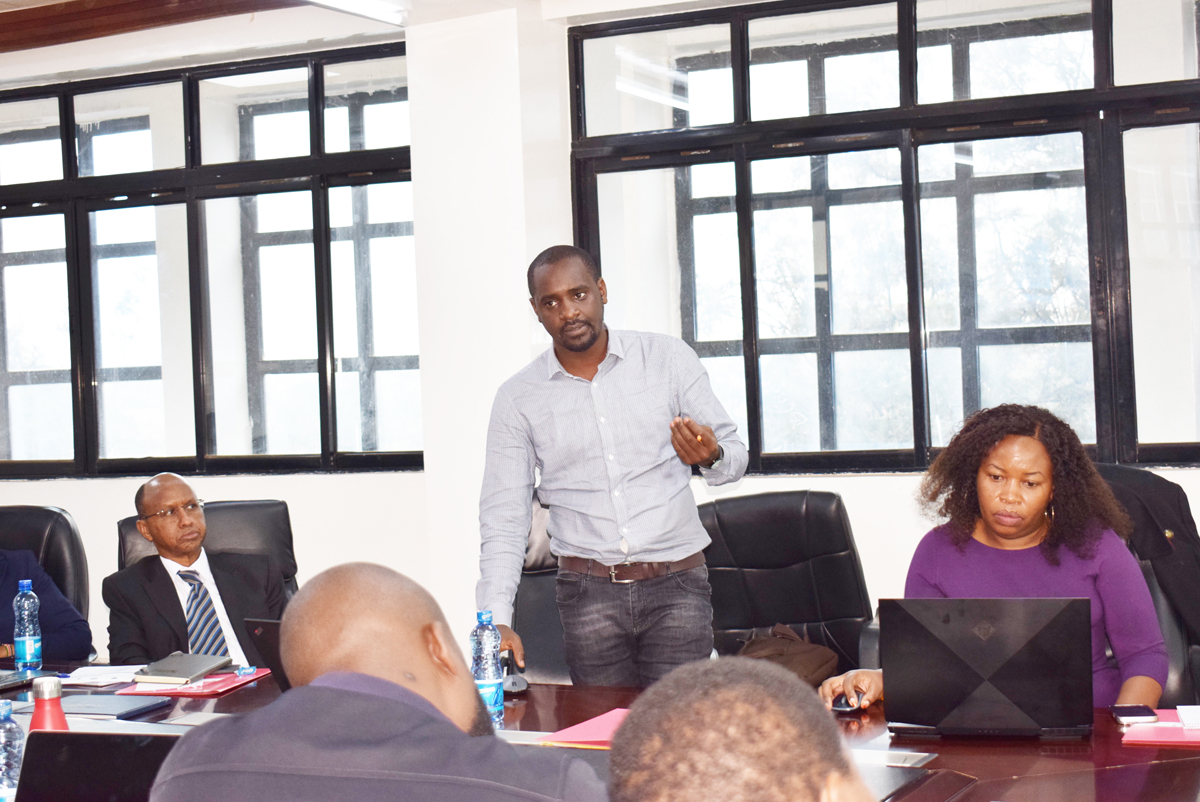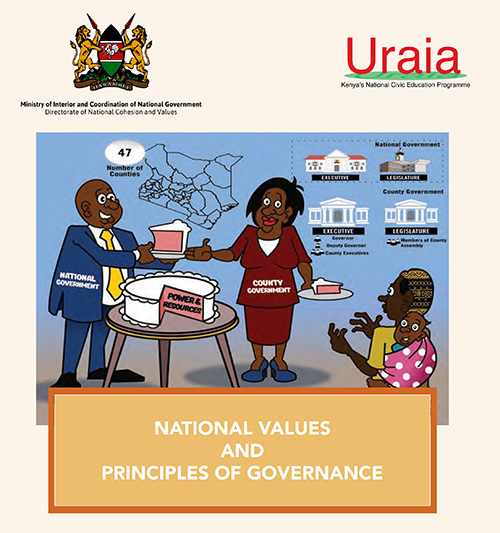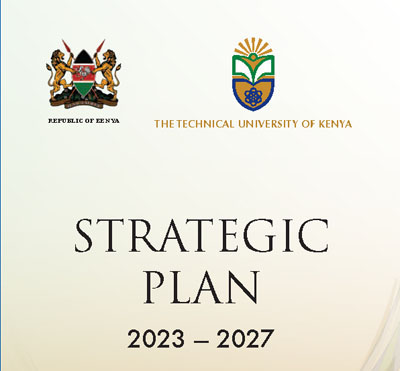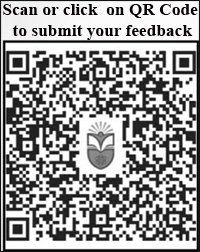The Government will soon be able to take informed and responsive measures to address food insecurity in good time through analyzing Earth Observation data. This was unveiled during a recent capacity building workshop to share the preliminary outputs of a collaborative project named ‘Remote sensing and modelling to assess crop-specific response to climate stressors.’
The one (1) year food security project that is on-going in Busia County is a pilot study that seeks to predict the effects of climate change on cropping systems, and crop yield so as to allow key decision makers such as the Government and other key stakeholders make informed decisions to mitigate the impacts of climate shocks.
The Project, funded by European Space Agency under EO Africa Research and Development Facility, is being implemented by the University’s School of Surveying in partnership with The Leibniz Centre for Agricultural Landscape Research (ZALF).
Prof. Hussein Farah from the School of Surveying and Geospatial Sciences who is also the Project’s Principal Investigator, said that Kenya is a drought prone country and experiences heat stress which results in widespread hunger and biodiversity loss. To address this problem, the Project tries to address food security challenges in the country by using survey, remote sensing, mapping to periodically monitor the growth of crops.
“By taking satellite pictures we are able to monitor the harvest, and predict the yields. Such information is important for the Government as well as various stakeholders in planning on different food security measures. For example, if the yields are not good enough, the government can plan in advance for imports and ensure food security for its people,” said Prof. Hussein Farah.
Dr. Gohar Ghazaryan, the European Co-Principal Investigator from ZALF, said “This is a pilot project in Busia, and I will be very happy if it results to the development of long term partnerships. This is also a wonderful opportunity for students to learn from each other and experts in the field as well as gain useful research skills,” she said.
About 20 participants attended the training, majority being researchers drawn from the Department of Geoscience and Earth Sciences and the Department of Resource Surveys and Remote Sensing in the School of Surveying and Geospatial Sciences as well as students from the School. Other participants were from the Regional Center for Mapping of Resources for Development and the International Centre for Insect Physiology and Ecology (ICIPE).
“The main purpose of the workshop is to share the preliminary outputs with stakeholders, and provide training to researchers on the data and tools we are using,” Dr. Francis Oloo, the Ag. Director, School of Surveying and Geospatial Sciences and the Project’s Researcher – Geographic Information Systems.
“The training aims at bringing them up to speed with the dynamic technology for mapping, especially on remote sensing and how to link it to crop modeling,” added Dr. Oloo.
Dr. Pamela Ochungo, the Project’s Researcher – Remote sensing also attended the workshop.




